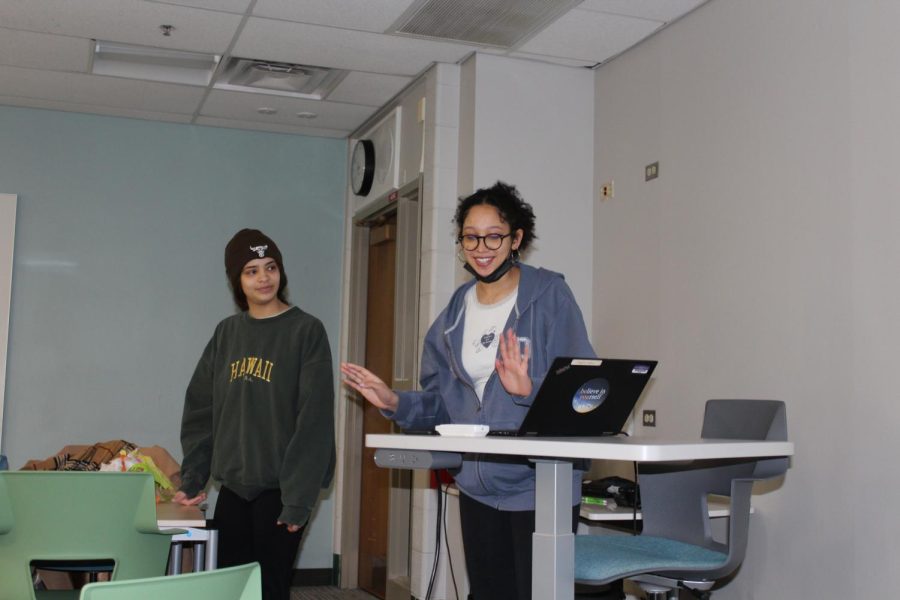Nationwide controversy surrounds new AP class
Course tentative at GBN
College Board is currently piloting an AP African American Studies course in high schools across the United States. Future pilots plan to contain four units with subtopics that cover a time frame from early African history to the early 1990s.
Politicians criticized the course and its framework, which was released on Feb. 1.
“I think the attacks from right-wing conservatives on ethnic studies, on queer studies and what can be taught in social studies classrooms … ultimately prevents opportunities for us to grow,” said Asif Wilson, assistant professor of curriculum and instruction at the University of Illinois Urbana-Champaign.
During a Black Student Union meeting on March 14, members discussed the consequences of politicians criticizing the course.
“If you’re going to tell a story, you can’t halfway tell it,” said senior Mia Carr. “It’s really important to tell every aspect of the story, because if you don’t and you’re censoring certain aspects, then I don’t think it’s the real story that you’re telling.”
In response to repeated interview requests about the course, Torch received a response from the College Board Service Center that stated in part, “The AP African American Studies course offers an unflinching encounter with the facts and evidence of African American history and culture. No states or districts saw the official framework before its release on February 1, much less provided feedback on it. The course encourages students to examine each theme from a variety of perspectives, without adhering to a particular ideology.”
According to Wilson, there is a void being filled by AP African American Studies that might not be filled by other AP history classes like AP United States History.
“I think what the AP African American Studies offers that’s maybe not necessarily included in those spaces is the centralization of Black life, Black culture, Black contributions, Black struggles in the context of U.S. society,” Wilson said.
According to Scott Williams, instructional supervisor of the Social Studies Department, African American history is embedded in various social studies courses taught at Glenbrook North, but there is still room for improvement.
The status of the class is tentative at GBN, and only general discussions have occurred about the class, Williams said.
“Generally speaking, Glenbrook North is never the first school to jump on board an AP class,” said Williams. “We generally wait for some other schools to pilot them around us and let the College Board iron out some of the kinks before we even get on board.”
College Board plans to continue piloting AP African American Studies for the 2023-2024 school year, and the course is scheduled to be made fully available to schools nationwide in the 2024-2025 school year. The first official AP test is scheduled for the spring of 2025.
“I think for all students, [the impact of] the study of African American history, and more importantly African American queer history and Black movement history, is the power that can emerge from learning, exploring other people’s contributions, experiences, struggles and narratives and stories that help us to understand our relationship to each other,” Wilson said.


